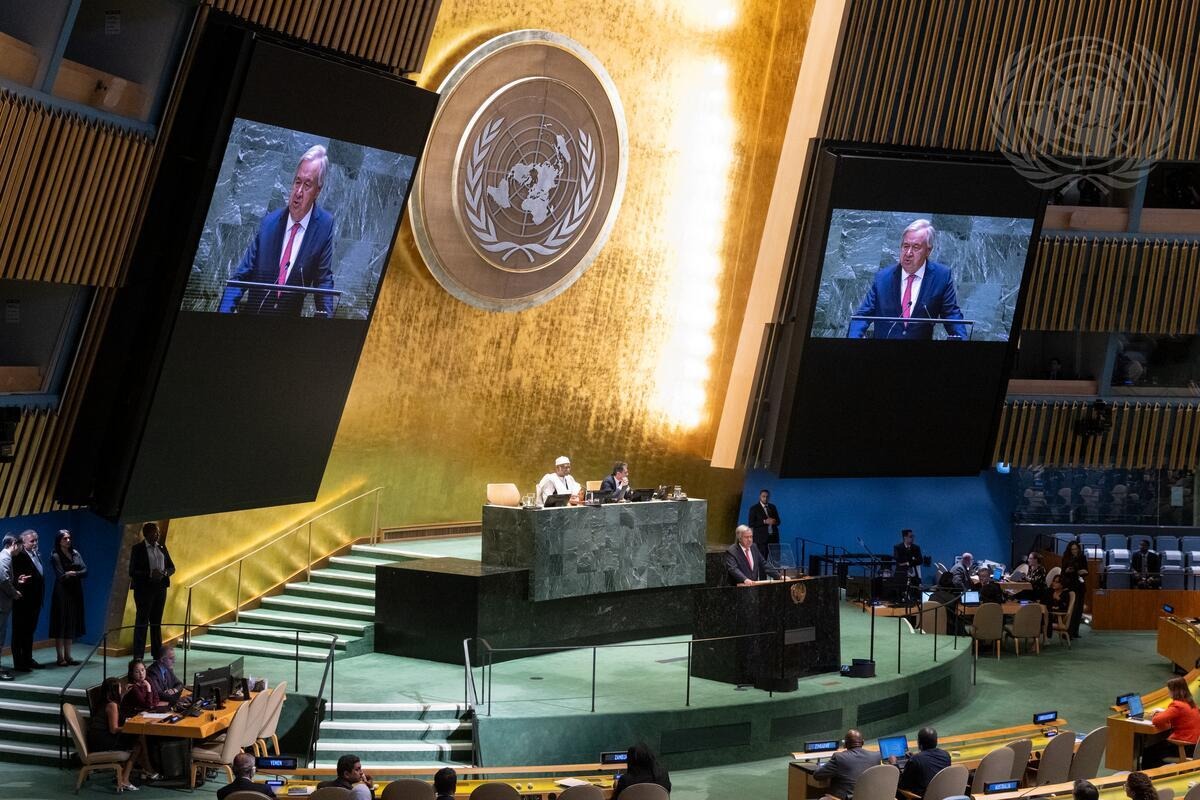India has yet to make a final decision on Prime Minister Narendra Modi’s participation in the upcoming United Nations General Assembly (UNGA) session scheduled for late September in New York. While the provisional list of speakers released by the UN includes India’s head of government for a potential address on September 26, officials familiar with the matter have clarified that no confirmation has been made. The uncertainty has sparked speculation, especially following Ukrainian President Volodymyr Zelensky’s remarks about a possible meeting with Modi on the sidelines of the session.
Here is a detailed overview of the current status, diplomatic context, and implications of the pending decision.
Key Developments Surrounding The UNGA Session
- India’s final decision on PM Modi’s participation remains pending
- Provisional UN list includes Modi as a speaker on September 26
- Zelensky’s comments about a potential meeting added to speculation
- External Affairs Ministry has not confirmed the level of representation
Provisional Schedule Sparks Speculation
The UN’s provisional list of speakers for the high-level General Debate includes Prime Minister Modi as a scheduled speaker on the morning of September 26. However, officials have emphasized that this list is prepared in advance and often undergoes changes. It is not uncommon for heads of state to be replaced by foreign ministers or other representatives closer to the event.
The debate is set to open on September 23 and conclude on September 29, with the US President expected to speak on the opening day. India’s final decision is expected closer to the session, depending on diplomatic priorities and scheduling logistics.
Zelensky’s Remarks Add Diplomatic Layer
Ukrainian President Volodymyr Zelensky recently stated that he and Modi planned to meet during the UNGA session, following a phone call between the two leaders. This statement triggered speculation about Modi’s potential visit to New York, especially given the geopolitical significance of such a meeting amid ongoing tensions in Eastern Europe.
However, officials in New Delhi have downplayed the likelihood of a visit, citing scheduling constraints and unresolved bilateral issues with other nations, including trade disagreements with the United States.
Trade Tensions And Foreign Policy Considerations
The possibility of Modi’s participation is further complicated by recent trade friction with the US. Former President Donald Trump’s imposition of a 25 percent reciprocal tariff on Indian goods and additional penalties related to India’s purchase of Russian oil have created diplomatic hurdles. Trump’s repeated criticism of India’s trade policies and his claims of brokering a ceasefire between India and Pakistan have not been well received in New Delhi.
These tensions may influence India’s decision on the level of engagement at the UNGA, as the government weighs the benefits of a high-level presence against the backdrop of sensitive foreign policy dynamics.
Representation Alternatives And Precedents
If Modi does not attend, External Affairs Minister S Jaishankar is expected to represent India at the General Debate. This would follow a precedent set in previous years when senior ministers have addressed the UNGA in place of the Prime Minister. Jaishankar has played a key role in articulating India’s stance on global issues, including climate change, digital governance, and multilateral reform.
India is also expected to participate in the UN’s Summit of the Future, scheduled from September 20 to 23, where leaders will discuss long-term global frameworks such as the Pact for the Future and the Global Digital Compact.
Conclusion: Final Decision Awaits As Diplomatic Calendar Evolves
As of mid-August, India has not finalized Prime Minister Modi’s participation in the UN General Assembly session. While his name appears on the provisional list of speakers, officials suggest that a visit remains unlikely at this stage. The decision will depend on evolving diplomatic priorities, trade negotiations, and the broader geopolitical landscape. Whether represented by the Prime Minister or the External Affairs Minister, India’s voice at the UNGA will remain focused on strategic global engagement and national interest.
Sources: Hindustan Times, Punjab Khabarnama, Financial Express

